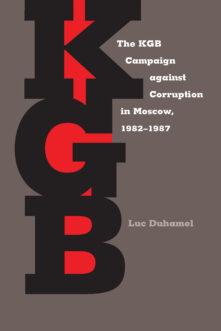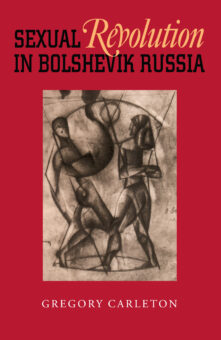Books
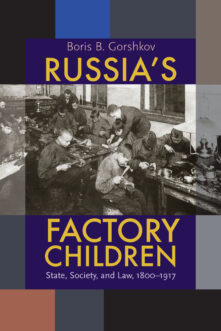
Russia’s Factory Children
State, Society, and Law, 1800–1917
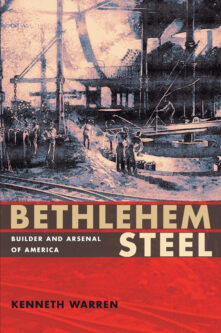
Bethlehem Steel
Builder and Arsenal of America
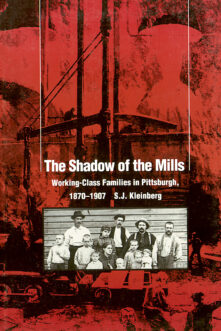
The Shadow Of The Mills
Working-Class Families in Pittsburgh, 1870–1907

The Dispute of the New World
The History of a Polemic, 1750–1900

Race and Renaissance
African Americans in Pittsburgh since World War II
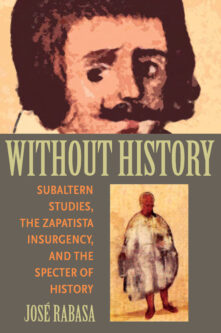
Without History
Subaltern Studies, the Zapatista Insurgency, and the Specter of History

Nature in the New World
From Christopher Columbus to Gonzalo Fernández de Oviedo
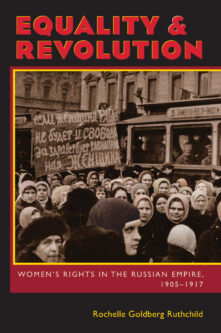
Equality and Revolution
Women's Rights in the Russian Empire, 1905–1917
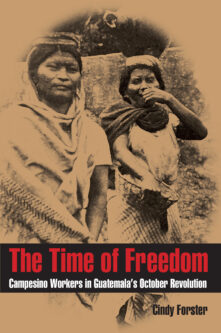
The Time of Freedom
Campesino Workers in Guatemala's October Revolution

Other Animals
Beyond the Human in Russian Culture and History
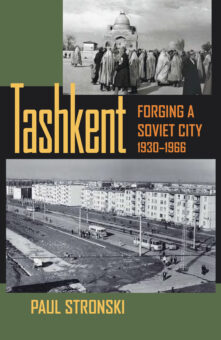
Tashkent
Forging a Soviet City, 1930–1966
Total 205 results found.




